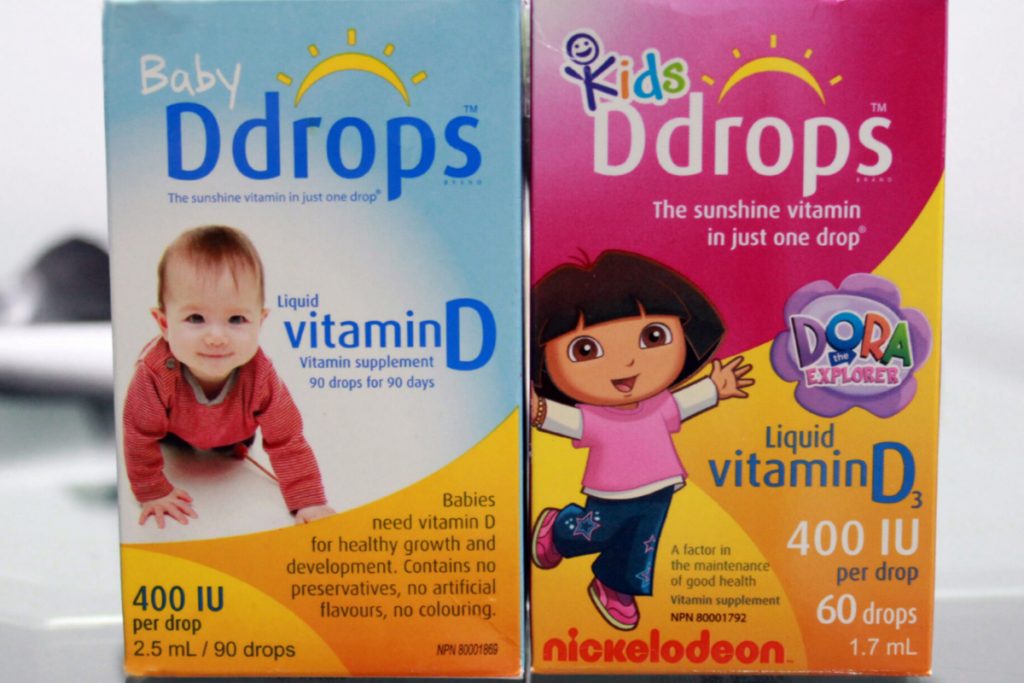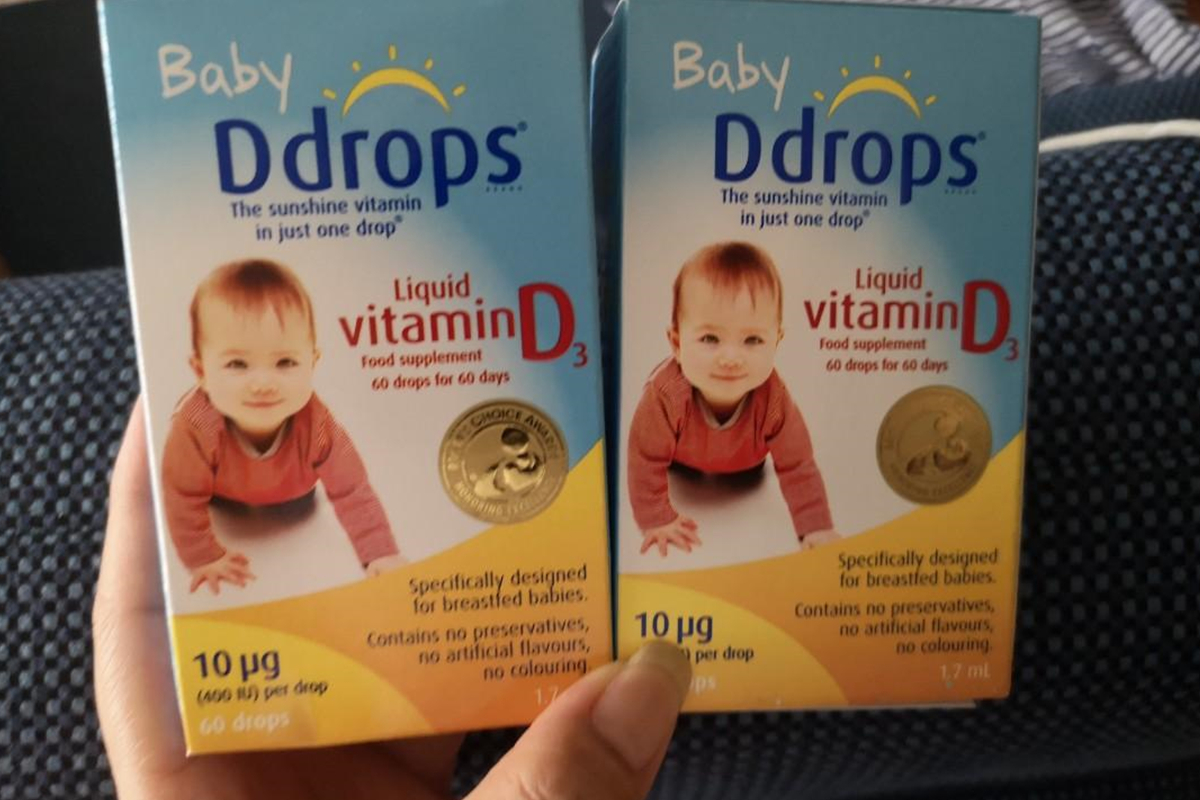We may earn money or products from the companies mentioned in this post.
You’re probably not giving your baby the amount of vitamin D they need. Your baby may not be getting enough with a lack of sunlight, artificial sources, and food sources at home. This can lead to a host of issues, including:
Too much vitamin D can lead to nausea, vomiting, diarrhea, and excessive urination. If a baby has a vitamin D deficiency, they will often show signs of rickets and a weak immune system. D-Drops are vitamin D liquid drops containing 400 IU of vitamin D. These drops can be added to a baby’s food or beverage to help increase their vitamin D intake.
While some vitamins are available in pill form, others must be bought in capsule or tablet form. These pills and liquids can be taken orally, but they don’t dissolve in water. You have to get them wet to bring out the nutrients inside. That’s where this liquid comes in. Ddrops liquid drops contain both vitamins A and D, which are necessary for healthy bone development and the growth of the brain and nervous system. While most people think of vitamin A as an essential vitamin for eye health, it is also necessary for healthy bones, teeth, and the heart.
Vitamin D is essential for bone calcification as it helps regulate calcium absorption from food and makes sure your body has enough calcium. If you’re worried about your baby’s bones being too soft or weak, give them more than they need by giving them a couple of drops at each meal (1-2 times per day) and some breast milk or formula. As infants need a lot of calcium to grow strong bones, their natural levels will eventually drop down to a lesser amount as they get older so remember that each time you give them drops, you may want to add more food or formula with every feeding since their diet will change once they start eating solid foods. This is especially true if they tend toward being fussy eaters due to irritability due to digestive problems (diarrhea).

Hi~Living Deals from "Tory Burch"

